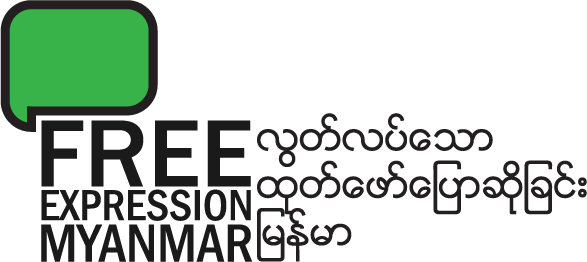US recognition of genocide escalates the importance of stopping Telenor’s sale of surveillance technology to a suspected military front company that could use it to enable more atrocity crimes. If Telenor and Norway fail to fulfil their obligations, the US should use sanctions to stop the sale.
On 21 March 2022, the US State Department formally recognised a genocide against Rohingya in Myanmar. US Secretary of State, Anthony Blinken was clear that Myanmar’s military, “who are willing to commit atrocities against one group of people can swiftly be turned against another,” and recognised the importance of technology in facilitating such atrocity crimes, demanding that the international community, “end the sale and transfer of […] dual-use equipment, and technical assistance to the Burmese military regime and its representatives.”
Telenor’s decision to sell its Myanmar operations to M1 Group and, ultimately, military front company[1] Shwe Byain Phyu epitomises what the US condemns: putting “dual-use equipment”, namely advanced surveillance technology, in the hands of those accused of perpetrating genocide. The US should act on its demands and stop the sale.
On 16 February 2022, FEM wrote to Telenor, the Norwegian government, and the EU questioning the legality of Telenor’s sale under the Norwegian Sanctions Act, and in particular its effect to Article 3a of European Council Regulation No. 401/2013, as amended by Regulation No. 2018/647, which prohibits any sale of dual-use technology that may end up with the military. Similar sanctions exist in the USA. FEM asserted that Telenor’s Myanmar operations, including its German interception technology, are indeed a dual-use technology and could easily be used for military purposes of mass surveillance. Atrocity crimes are enabled by surveillance.
FEM also highlighted substantial allegations that the ultimate buyer of Telenor’s operations, Shwe Byain Phyu, has had significant historical links to the Myanmar military, including the sanctioned military company, MEHL, and would not have passed Telenor’s own due diligence. Furthermore, it is highly unlikely that Shwe Byain Phyu is buying for financial gain. The military’s “whitelisting” order, which blocks access to most of the internet, significantly reduces the potential income of all telcos. If not for profits, Shwe Byain Phyu may be buying for other reasons, including access to the private historical data of 18 million subscribers, and surveillance of those subscribers going forward. Both will be highly desirable to Myanmar’s military, which is presumably why the military has required Telenor to ultimately sell to Shwe Byain Phyu. Therefore, Shwe Byain Phyu should be considered a military front company.
Telenor has, until now, failed to fulfil its disengagement commitments as a responsible business. The ethical and legal implications of Telenor’s decision, already a looming violation of the rights to freedom of expression and privacy, are now utterly unconscionable in light of the US recognition of genocide. Telenor is no longer selling its operations to M1 Group in difficult circumstances, as it claims, but knowingly handing over surveillance technology to Shwe Byain Phyu, the front company of a military perpetrating genocide.
If Telenor continues, FEM urges the Norwegian government, as Telenor’s major shareholder and regulator, to stop avoiding responsibility, and halt the sale, either as a shareholder or as a regulator through the Sanctions Act.
However, if Norway fails to fulfil its obligations, the US recognition of genocide places a universal responsibility on all countries to try to stop the sale in order to prevent complicity in further acts of genocide.
FEM, therefore, urges the US government to put its principled demands on stopping the transfer of dual-use technology into effect by sanctioning Shwe Byain Phyu. Telenor will be forced to stop the sale if the US sanctions Shwe Byain Phyu.FEM also urges the EU, and the UK government, which has jurisdictional powers over M1 Group, to sanction Shwe Byain Phyu.
[1] “Front company” is defined in the European Commission Guidance Note on the Implementation of Council Regulation No. 401/2013, point 9(b)(e).
